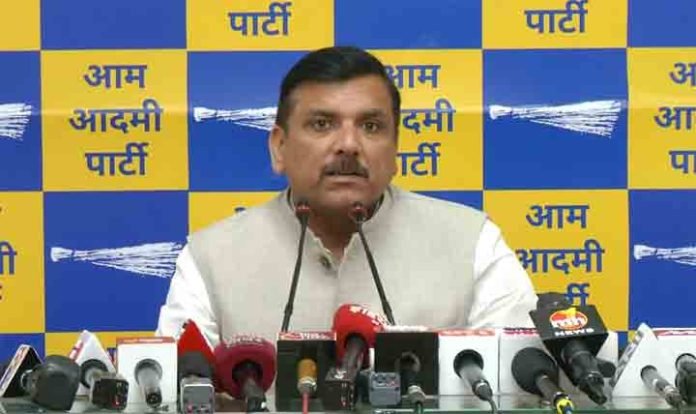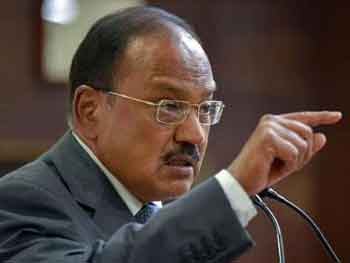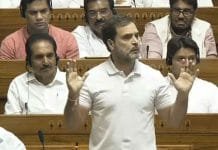The Central Government’s Ordinance on Transfer and Posting of Officers in Delhi
INVC NEWS
New Delhi -: The central government has recently introduced an ordinance concerning the transfer and posting of officers in Delhi. This move has reinstated the powers of transfer and posting to the Lieutenant Governor, thereby raising several concerns and sparking a heated debate. The ordinance has drawn strong reactions from various political parties and leaders, revealing a clash between the elected government and the central authority.
Sanjay Singh’s Accusations: A Dictatorship Unveiled?
Aam Aadmi Party MP, Sanjay Singh, has strongly criticized Prime Minister Narendra Modi, labeling him as a dictator in light of this ordinance. Singh claims that the Prime Minister disregards both the court and the constitution, alleging that the ordinance opposes the Supreme Court’s decision to grant the elected government the authority over transfer and posting of officers. In a video release, Singh questions why the Prime Minister seems fearful of Arvind Kejriwal and accuses him of undermining democracy, challenging the Supreme Court’s authority. Singh further asserts that the public will rise against this alleged dictatorship, anticipating that the Supreme Court will address the issue.
Delhi Government’s Perspective: Contempt of Supreme Court’s Order
The Delhi government argues that the central government’s ordinance directly violates the Supreme Court’s order, which clearly stated that the elected government holds supreme power. The Supreme Court’s decision empowered the Delhi government with the right to determine transfer and posting of officers. Fearing this order, the central government enacted the ordinance in an attempt to curtail the authority of the Kejriwal government. This move by the central government has led to accusations of contempt towards the Supreme Court’s ruling.
Congress Leader’s Criticism: Revenge and Constitutional Violations
Abhishek Manu Singhvi, a senior Congress leader, has strongly criticized the new ordinance, perceiving it as an act of revenge and a violation of constitutional principles. According to Singhvi, bureaucrats should be accountable to the elected government, but the ordinance places bureaucrats under the control of other bureaucrats. He questions how such a violation of the constitution can be enacted through an ordinance, emphasizing that it will undoubtedly be challenged and resisted in Parliament.
Introducing the National Capital Civil Services Authority
Under this ordinance, the central government will establish the National Capital Civil Services Authority, entrusted with the responsibility of transfer, posting, and vigilance of officers in Delhi. The authority will consist of three members, including the Chief Minister of Delhi, the Chief Secretary, and the Home Secretary. Chaired by the Chief Minister, the committee will make decisions on transfer and posting based on majority agreement. However, the final decision-making authority lies with the Lieutenant Governor.
Context: Supreme Court’s Earlier Decision
It is essential to highlight that the Supreme Court had recently granted the Delhi government the authority to control the transfer and posting of officers. This decision prompted constant criticism from the Aam Aadmi Party towards the central government. In Delhi, both the Chief Secretary and Home Secretary are appointed by the Central Government, placing the Chief Minister in a minority position. Consequently, only the Lieutenant Governor retains the right to transfer and post officers.




















